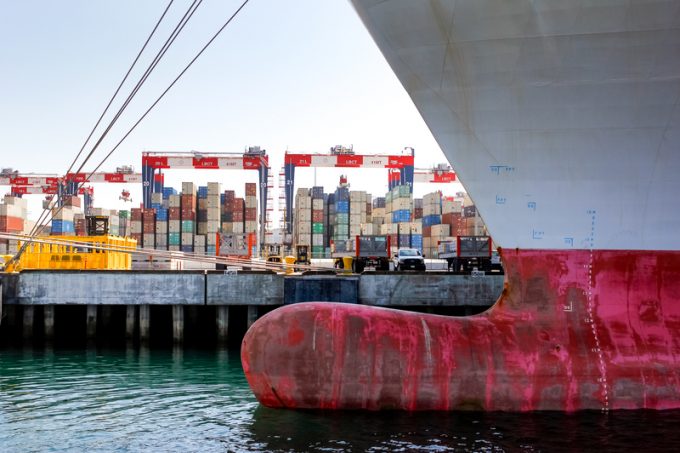California port workers launch lawsuits against terminal operator bosses
Californian port workers have filed two class action lawsuits against the Pacific Maritime Association, 27 ...

The war of words between Pacific Maritime Association (PMA) and the ILWU dockworkers’ union intensified yesterday after the employers accused the ILWU of “orchestrating disruptive work actions” at US west coast ports.
And in another blow to North American shippers, ILWU workers in Canada agreed last week by a huge majority in favour of strike action this month, if required, to support their new contract negotiations.
The PMA was reacting to the ILWU announcing on Saturday it was “committed to negotiating a ...
Volcanic disruption at Anchorage could hit transpacific airfreight operations
Macron calls for ‘suspension’ – CMA CGM's $20bn US investment in doubt
Forwarders stay cool as US 'liberation day' tariffs threaten 'global trade war'
Shippers snap up airfreight capacity to US ahead of tariff deadline
De minimis exemption on shipments from China to the US will end in May
Tighter EU import requirements proving 'a challenge' for forwarders
Looming Trump tariffs will create 'a bureaucratic monster' for Customs

Comment on this article